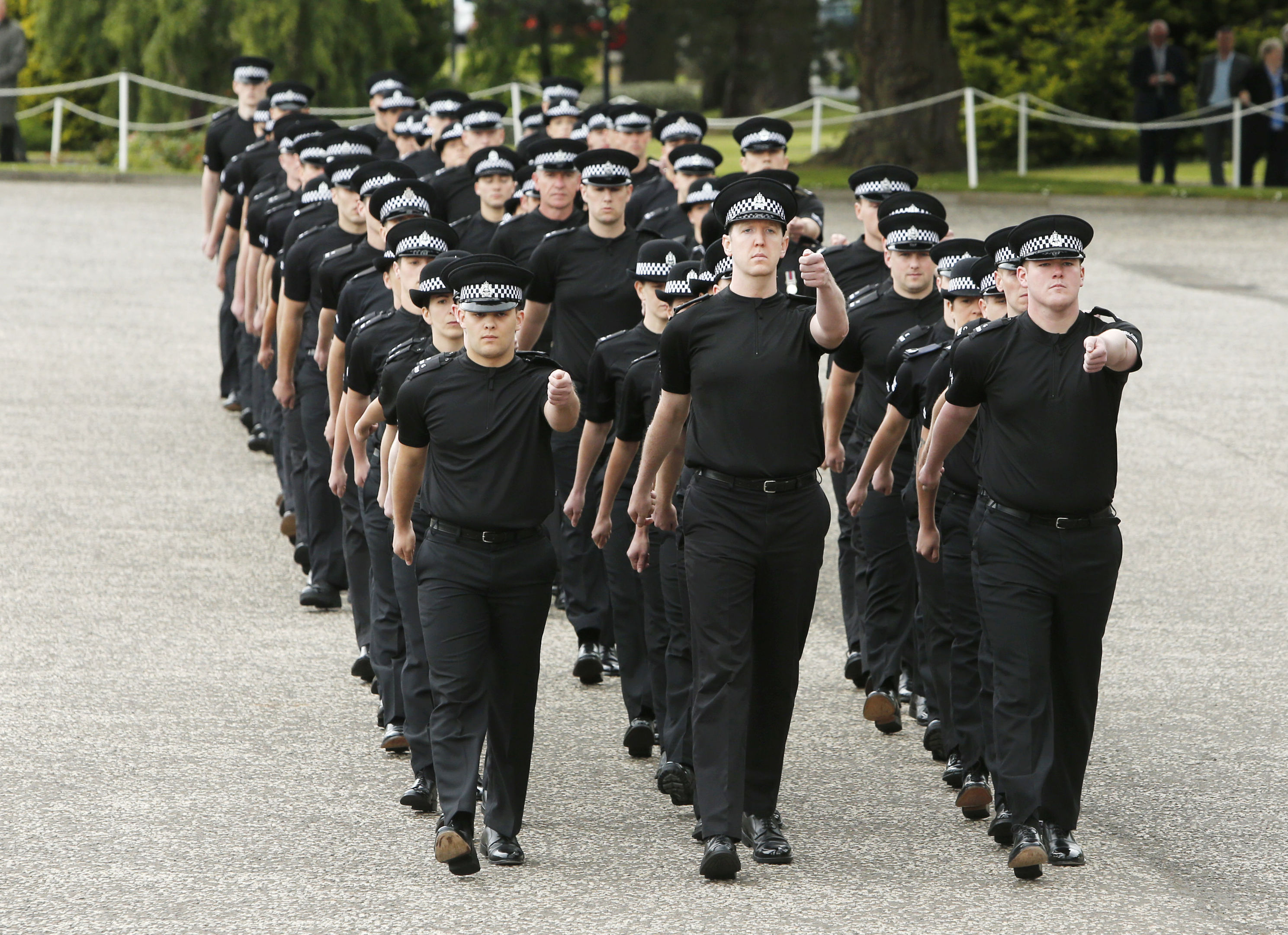
The Sunday Post has learned Police Scotland has received more than £1 million since 2013 from countries including Sri Lanka, South Sudan and the Maldives as part of a series of bilateral training arrangements.
Critics last night accused the national force of effectively giving its “seal of approval” to governments with dubious human rights records.
Naomi McAuliffe, Amnesty International’s Scotland Programme Director, said: “We urge Police Scotland to consider whether it is appropriate to train forces in nations with appalling human rights records.
“We’ve sought assurances that any Scottish interventions in international policing do not fuel or provide a ‘gloss’ to human rights abuses.”
One of Police Scotland’s biggest clients is the Sri Lankan state police which has paid the force more than £700,000 for training its officers.
Five Sri Lankan officers have attended the Police Scotland College at Tulliallan Castle, Kincardine, in the past three years and an unknown number have received training from their Scottish counterparts in their own country.
The training focused on “organisational management”, “ethical leadership” and “academic programmes to support crime investigation”.
Last year, Human Rights Watch said Sri Lankan police “regularly get away with using torture to falsely ‘resolve’ cases”.
Officers have also been criticised for arresting people for kissing in public and using teargas on Buddhist monks. Its government has been accused of war crimes, abductions and intimidation of the media and judiciary.
Police Scotland also received £31,980 from the Maldives government to train 16 officers in 2013 – despite dictator Abdulla Yameen controversially seizing power in the tropical paradise just months earlier.
His predecessor Mohamed Nasheed – the first democratically elected president in the Maldives for 30 years currently in jail – was forced to resign at gunpoint, he claims, after a mutiny by Maldivian officers.
Last night in a statement, Mr Nasheed said Police Scotland should not be working with the country’s police force.
He said: “A number of international institutions have called for reforms to the Maldives police.”
Since coming to power in 2013, Yameen has imprisoned 1,700 political opponents and reintroduced the death penalty.
Police Scotland also received nearly £120,000 from the United Arab Emirates for training an unknown number of officers between 2013 and this year on crime scene and road collision investigations.
It rubber-stamped the arrangement despite allegations police in the Gulf state tortured two Britons who had been arrested on drugs charges in 2014.
In addition the national force, set up in April 2013, was paid £59,000 for training 16 officers from Pakistan and £250,000 for a similar arrangement with South Sudan, although that deal was later scrapped.
State police in both countries have been accused of terrible human rights abuses.
Police Scotland also received a further £620,000 to train officers from Malawi, Bhutan, Hong Kong and Kenya in the last three years.
A spokeswoman for Police Scotland said training requests were approved by the UK government’s interdepartmental International Policing Assistance Board.
READ MORE
Police Scotland accused of ‘reckless disregard for public safety’ after M9 crash

Enjoy the convenience of having The Sunday Post delivered as a digital ePaper straight to your smartphone, tablet or computer.
Subscribe for only £5.49 a month and enjoy all the benefits of the printed paper as a digital replica.
Subscribe